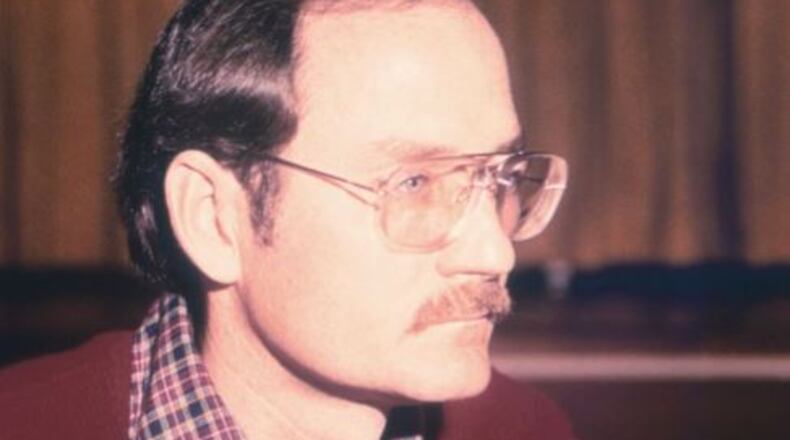Fast facts from the Centers for Disease Control and Prevention
• Legionnaires’ Disease was named after an outbreak in 1976, when more than 200 people who went to a Philadelphia convention of the American Legion got sick with pneumonia. Thirty-four died.
• About 5,000 cases of Legionnaires’ Disease reported each year in the United States.
• About one out of every 10 cases of Legionnaires’ is fatal.
• Legionnaires’ is contracted by breathing in a mist that has been contaminated with Legionella bacteria.
• In general, Legionnaires’ is not contagious. However, spreading from person-to-person may be possible in rare cases.
• Legionella is found naturally in fresh water environments, like lakes and streams, but can become a health concern in human-made water systems.
Two Lockheed Martin Aeronautics plant workers in Cobb County were recently diagnosed with Legionnaires’ Disease.
Their current condition is unknown, but statistics from the Centers for Disease Control and Prevention show the disease — a type of pneumonia contracted by inhaling contaminated mist or water vapor — is deadly in about 10 percent of cases.
According to an internal memo dated July 28 and sent to local Lockheed Martin employees, initial testing from Legionella bacteria experts suggests there is no indication that the employees contracted the disease while at work. Still, the company plans to continue testing the water at the Marietta facility and raise the hot water temperature “in accordance with accepted public health protocols.”
“We continue to work closely with the Georgia Public Health Service and the Cobb-Douglas County Health Dept. to monitor our facilities, and ensure a safe and healthy environment for our employees,” a company spokesperson wrote in an email to the Atlanta Journal-Constitution.
Legionnaires' is not contagious, so normally instances of the disease are contained to a small population. Nonetheless, the disease afflicted more than 100 people during last summer's outbreak in New York. Twelve people died of the illness.
Dr. Jody Hughes, a physician in Marietta who has dealt with the disease in the past, told Channel 2 Action News that people should stay vigilant with their health.
“Watch out for any fevers, shortness of breath, coughing symptoms, if you have any of those symptoms and you know any coworkers exposed to those go see a health care provider pretty quickly,” Hughes said.
About the Author
Keep Reading
The Latest
Featured



